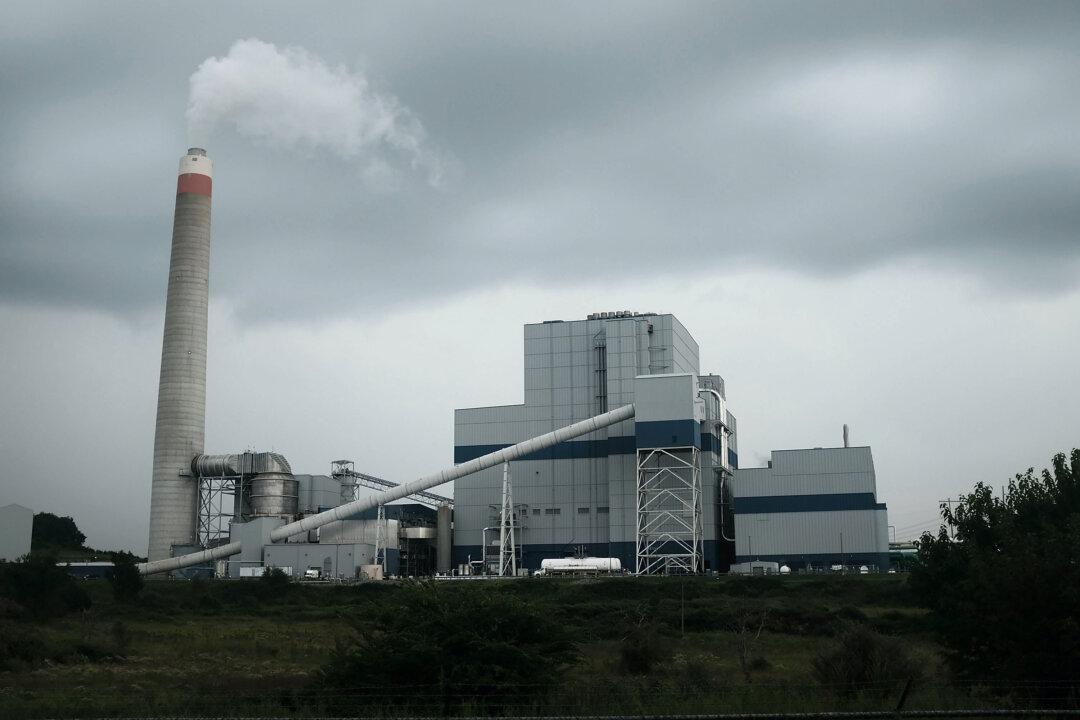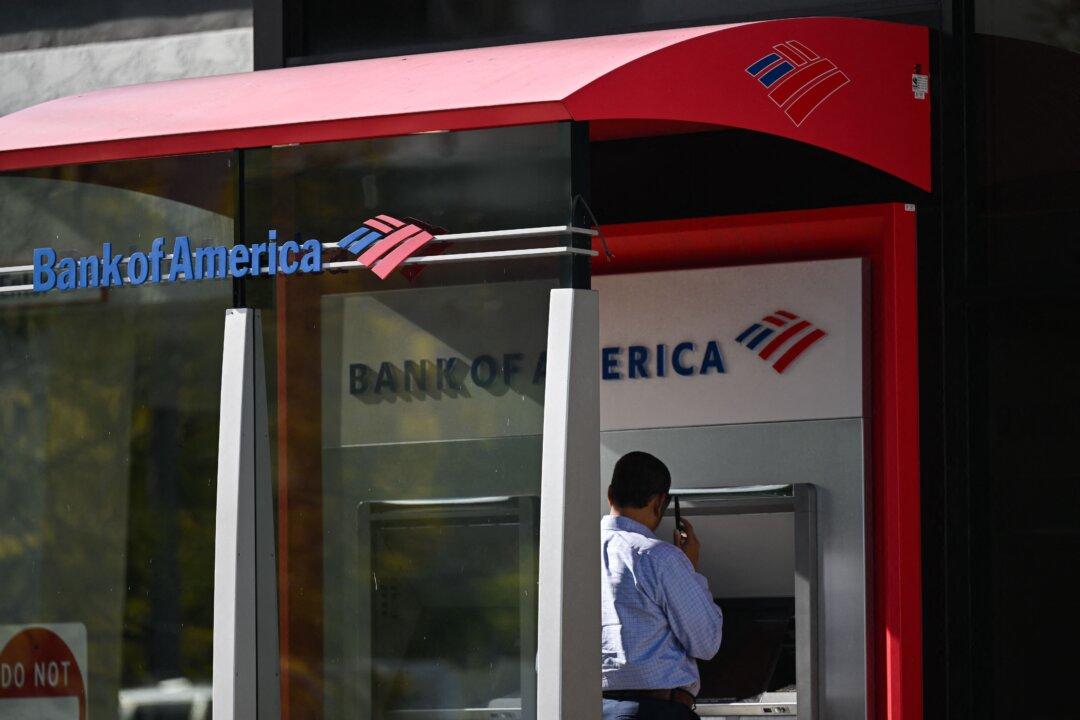Commentary

The Longview Power Plant, a coal-fired plant, stands in Maidsville, W.Va., on Aug. 21, 2018. Spencer Platt/Getty Images
John Seiler is a veteran California opinion writer. Mr. Seiler has written editorials for The Orange County Register for almost 30 years. He is a U.S. Army veteran and former press secretary for California state Sen. John Moorlach. He blogs at JohnSeiler.Substack.com and his email is [email protected]
Author’s Selected Articles




